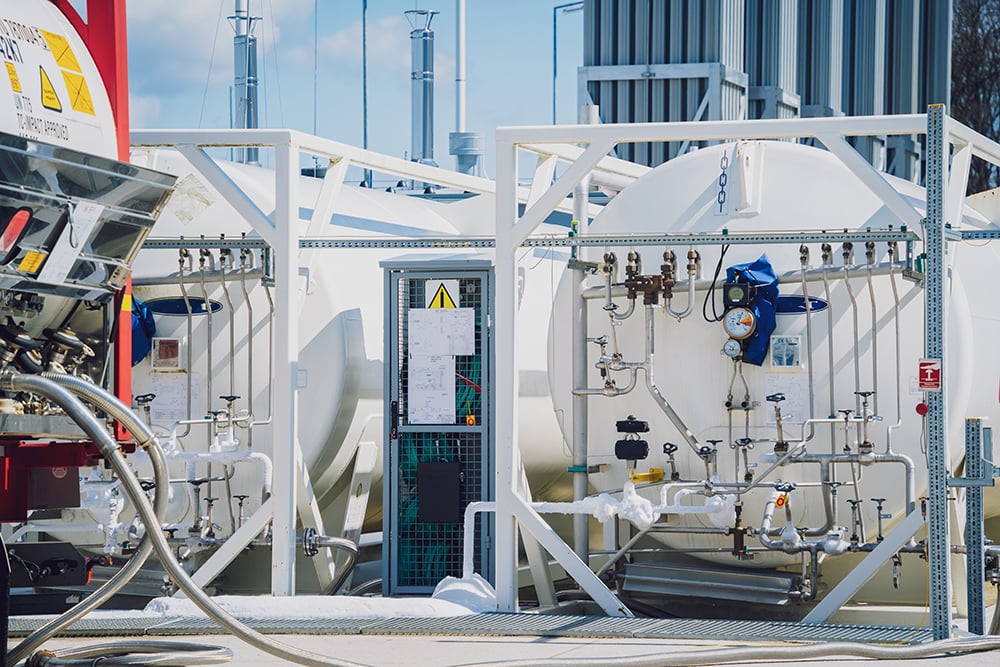
Machinery & Equipment valuation relies in part on understanding the new and used trade markets and developing an analysis that reasonably reflects what the subject assets being appraised would be worth in those markets. Before you even start to investigate this research, an early component of an M&E appraisal work effort involves the receipt of detailed data from the client that clearly identifies the machinery, including specifications and purchase history.
The additional perspective an appraiser receives by obtaining this data at the beginning of the engagement has many benefits. It saves the appraiser time by having them recreate this information themselves and allows them to price the valuation more competitively, given the time saved by performing this task themselves. Asset history provides specifics about the machinery being valued, which builds the foundation for the appraisal.
Every piece of equipment is different in its own way. The specifications, hours, mileage, usage factors, as well as upgrades and refurbishments completed at certain points in time, will all factor into the ultimate conclusion of value.
Knowing the original purchase price of the machinery, even if it was several years ago, will assist in reasonably verifying that the replacement cost estimates you determine are accurate. Appraisers cannot blindly assume all the independent market information they uncover is 100% bulletproof, as sources can be limited or inconsistent across multiple market sellers.
This is perhaps the biggest challenge in the equipment industry. Unlike business valuation, where databases and historical financial data are available and consistent in form, and real estate, where published comparable property resale data is more definitive, equipment market data can be erratic and full of gaps.
You will commonly see the same makes and models of equipment, with virtually identical specifications and usage, listed and selling for vastly different prices. The auction marketplace, which reflects billions of dollars of used equipment sales annually, experiences varying levels of demand, leading to less reliable data with a wide range of price points.
For every valuation assignment, consider performing a direct and/or indirect cost approach, which can be developed from the historical data provided by the client, as well as research into new equipment pricing in the market. This perspective will provide additional support and complement the market approach, ultimately determining a reasonable and supportable value for the equipment.





